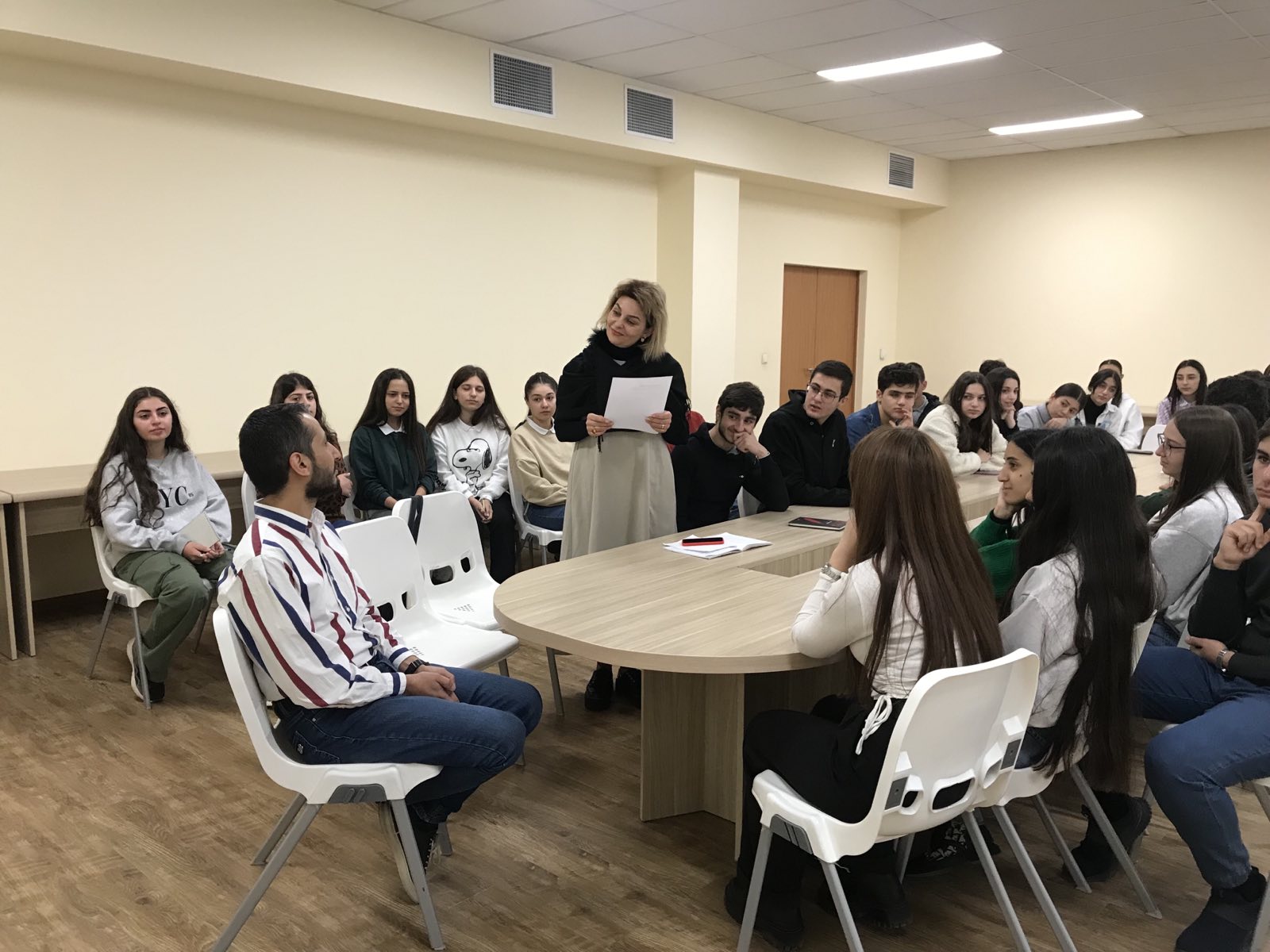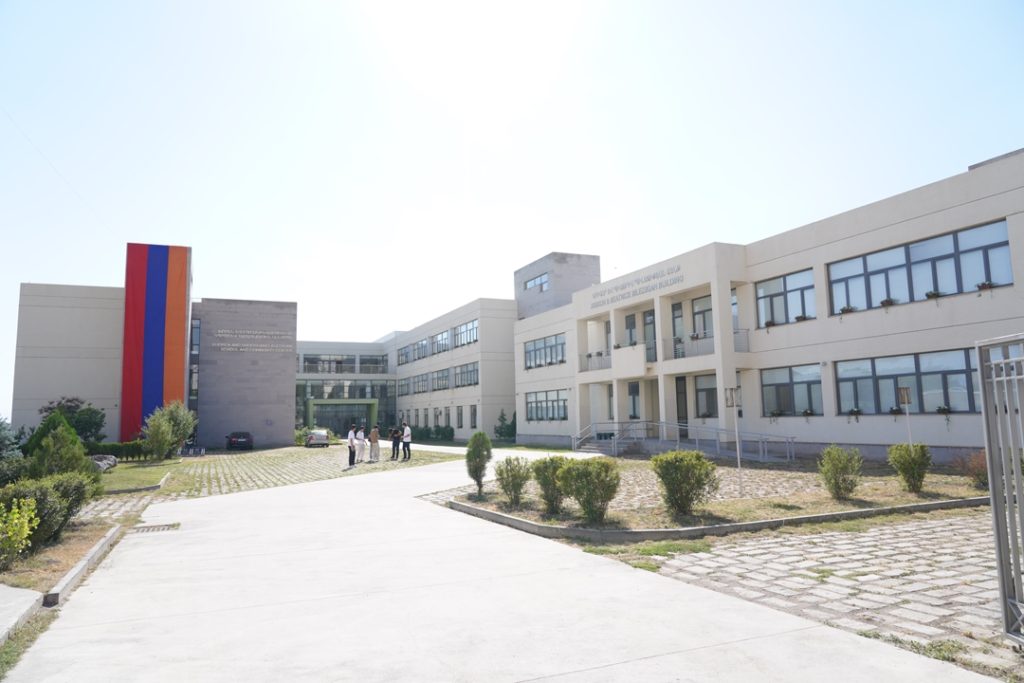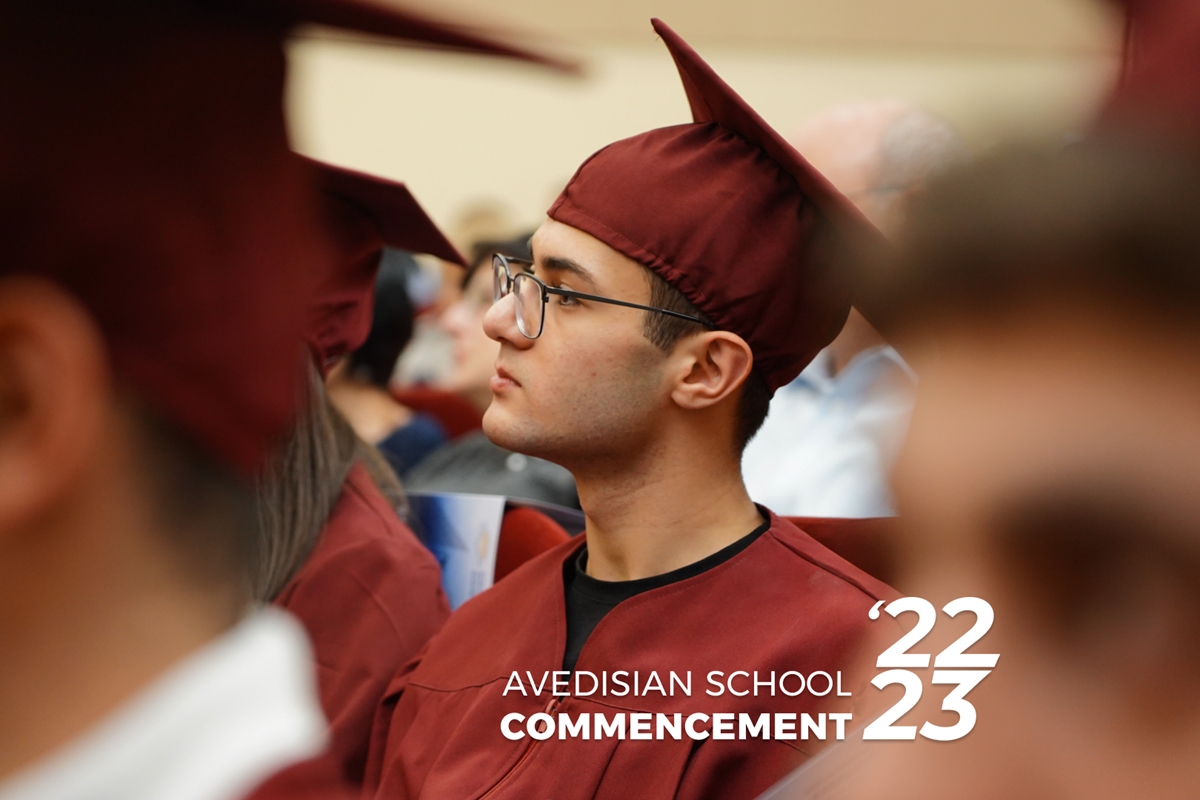Students should understand the importance and necessity of cooperation and the joy it brings when working together at school. Embracing the concept of teamwork will stay with them throughout their lives, fostering qualities that make them good, caring, and compassionate citizens of society.
I’d like to share in this article about the experience I had in reaching the above-mentioned goal.
I have been teaching 6th-grade and 10th-grade students for 3 years to date. I am the head teacher of the 6th-grade students.
As the head teacher, I oversee the teaching process, educational progress, and interpersonal relationships of my students, in addition to managing the general atmosphere in the classroom.
I highly value extracurricular activities, games, events, and school trips, as I am certain that any activity will be beneficial if there are close relationships and friendships among the students. While closely monitoring my students’ progress, I was determined to help them overcome learning difficulties directly associated with their school subjects. I sought out the actual causes for the difficulties they were encountering and went on to discuss these factors with other teachers working with my students.
The school management administered an Armenian language test for the 5th-grade students. The result showed a 35% pass rate, which raised my concern. It was a grammar test, and many words were spelled incorrectly. I observed that errors were repeated throughout the test, despite students having studied spelling from both our school books and extra materials, engaging in quizzes and tests, and even playing grammar games.
At this point, I decided to take a different approach. I calculated the number of words in the dictation texts that we teachers use and found that there were around one hundred and twenty complex words requiring special attention.
I listed the words in a separate worksheet, added some synonyms, and handed out copies to my students. I gave them one and a half months to learn all the words along with the synonyms.
Over time, I realized that monitoring the results of that extra task and responding to student’s questions required additional time, which, unfortunately, I didn’t have. So, I decided to involve the 10th-grade students in the teaching process, considering that I had been teaching them advanced grammar at the time.
I talked to my students and obtained their agreement. We were very excited and launched our trilateral, mutually advantageous cooperation for the benefit of both the 5th-grade and the 10th-grade students. It was a win-win for all of us: the students improved their knowledge of word spelling, and I managed my work more efficiently, not to mention the interesting class work and positive classroom atmosphere. The students began to guide and encourage each other, results were monitored routinely, and extra lessons were held regularly under my supervision.
In the classroom, I would assess the spelling of words along with their understanding of the synonyms. The results were discussed with mentor students to find the best way to work with each individual student. Some students learned the words at home, and mentors checked and improved the results, while others worked directly with mentors at school after classes or during breaks. Some students did extra tasks daily, while others preferred doing them several times a week. The students learned discipline and organizational skills as they understood the expected outcomes. To ensure qualitative improvement, each and every student had to learn the spelling and meaning of the words.
After one and a half months of working on this, I decided to assess the outcome. I dictated the same text that they had written three months prior, which had resulted in a 35% pass rate. Note that I had not dictated that text since. The students showed significantly improved results, with the pass rate growing from 35% to 73%!
What have we achieved?
- We learned to spell words.
- We enriched our vocabulary.
- We learned to collaborate.
- We acquired the ability to study effectively.
- We developed communication skills.
- We gained self-awareness.
- We learned time management effectively.
- We established good and lasting relationships.
This year, we encountered a new challenge with the 6th-grade students. Classes had returned to the classroom after a period of online learning from home. We observed a significant decrease in student motivation and corresponding drop in their grades. Complaints about challenging school subjects and excessive homework were on the rise. Many students were struggling to complete their assignments and evidently had difficulty grasping the learning material.
Complaints were raised by both teachers and parents.
This reminded me of the previous year’s experience, prompting me to devise a fresh approach. It was evident that the students required motivation and a renewed sense of purpose. In response, I proposed a pact: they committed to exerting extra effort to improve their grades, and in turn, I pledged to provide additional assistance to anyone in need. All students vowed to collaborate, explaining challenging subjects to each other. They worked together after classes, utilizing Zoom calls for support. We established a group of mentoring students who enthusiastically joined us on this new mission.
At a parent-teacher meeting, I briefed the parents about the arrangement and requested their collaboration following the process with us.
I assigned the responsible students to provide updates on the results during my classes. This approach facilitated a comprehensive understanding.
After two months of consistent effort, we attained the following results:


Out of 20 students, 14 demonstrated individual progress, 2 students no improvement, and 4 exhibited a certain decrease in performance. Seventy percent of the students made progress. Over the past two months, the students have worked harder, actively participated in the educational process, and displayed significantly higher motivation. Our most notable achievement has been instilling in the students the realization that learning at a higher level is within their capability. They have come to understand that even the most challenging and seemingly impossible tasks can be tackled with the support of friends. I commend the level of responsibility demonstrated by students who mentored others.
The process is enduring as lifelong education is. Respecting students and providing them with opportunities to become organized, express themselves, assist each other, teach, mentor others, and receive praise is the essence of a true educational environment. Such an approach undoubtedly enhances the quality of education.

Lilit Bakhshyan
Armenian Language and Literature Teacher
at Avedisian School




